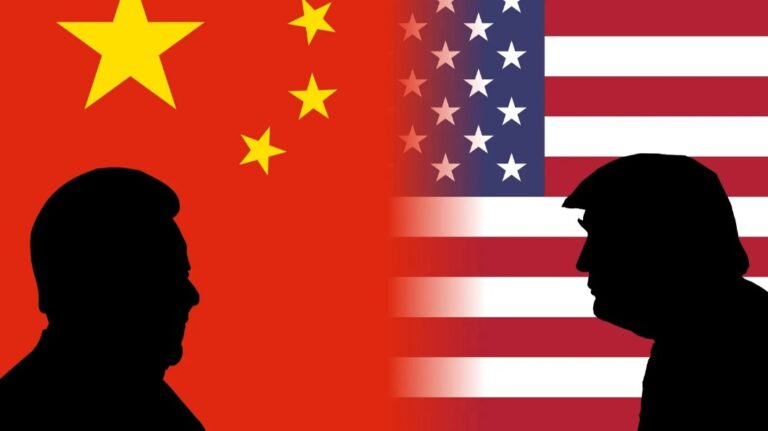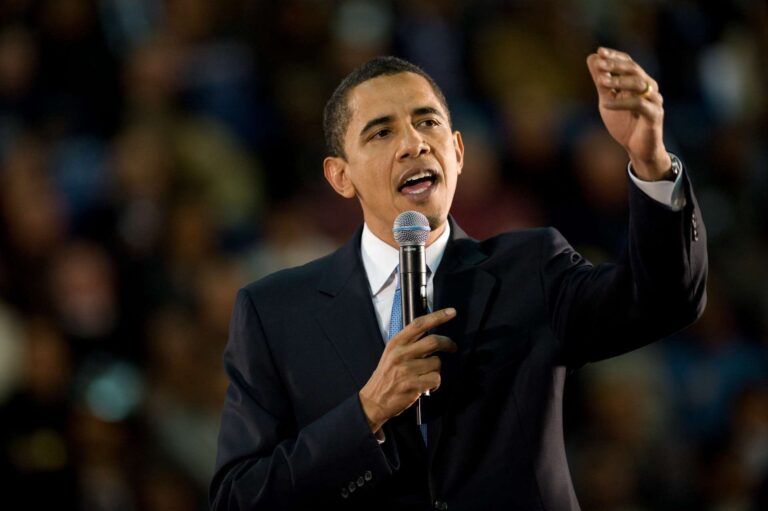In a major development that could reshape international diplomacy, former U.S. President Donald Trump has revealed that the United States is currently engaged in direct nuclear negotiations with Iran. His statement, made during a recent rally, has raised eyebrows globally and triggered a wave of political speculation.
Trump described the talks as “ongoing” and “crucial for ensuring global stability,” but did not provide further details about the participants or outcomes. The declaration signals a potential shift in U.S. engagement with Iran, especially surprising given Trump’s historically hardline stance, including the withdrawal from the 2015 Iran nuclear deal during his administration.
However, the announcement appears to directly contradict the position of Iran’s President, Masoud Pezeshkian, who rejected the idea of nuclear negotiations with the U.S. just a few months ago. Pezeshkian had publicly stated that Iran would not enter talks unless there were firm guarantees regarding sanctions relief and international respect for Iran’s sovereignty. His statement was seen as a reaffirmation of Iran’s hardened stance following years of economic pressure and diplomatic breakdowns.
Now, Trump’s latest claim has reignited interest in the Iran nuclear issue. Some analysts suggest the former president could be referring to unofficial backchannel communications rather than formal state-level talks. These secretive efforts are believed to involve intermediaries discussing uranium enrichment caps and the easing of sanctions in exchange for international monitoring.
The timing of this announcement is politically significant, as the 2024 U.S. elections draw closer. Trump’s remarks may be designed to position himself as a peacemaker and global strategist, especially as tensions continue in the Middle East and global nuclear risks rise.
If substantiated, these talks could have wide-reaching implications for U.S.-Iran relations, international security, and the future of nuclear diplomacy.







